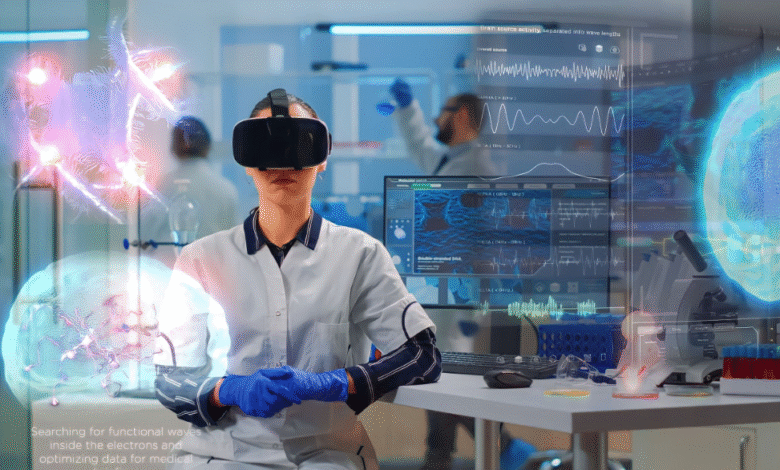The Power of Technology: Shaping the Future of Our World

Technology has become the backbone of modern civilization. From the smartphones in our pockets to artificial intelligence (AI) that powers entire industries, technology has transformed how we live, work, and connect. It’s hard to imagine a world without the internet, automation, or digital communication tools. But beyond convenience, technology is redefining progress in every field imaginable — from education and healthcare to business and entertainment.
The Evolution of Technology
Over the past few decades, technology has evolved at lightning speed. The industrial revolution introduced machines that replaced manual labor, while the digital revolution brought computers and the internet to our fingertips. Today, we’re entering the age of artificial intelligence, robotics, and quantum computing — innovations that are shaping the next frontier of human potential.
For example, consider how communication has changed. Letters and telegrams have been replaced by instant messaging, video calls, and social media platforms that connect billions of people globally. The same goes for transportation — self-driving cars, drones, and electric vehicles are becoming the new norm.
Technology in Everyday Life
Technology isn’t just for scientists or tech experts. It touches every part of our daily lives. Smart homes now use AI-powered assistants to control lighting, temperature, and security. Wearable devices track our health and fitness in real time. Even shopping has shifted online, allowing people to purchase anything from groceries to luxury items with a single click.
Education has also experienced a digital transformation. Online learning platforms, virtual classrooms, and interactive software have made education more accessible than ever before. Students from remote areas can now learn from top universities around the world without leaving their homes.
See also: The Impact of Technology on Modern Society
The Role of Artificial Intelligence and Automation
Artificial Intelligence (AI) is perhaps the most influential force in technology today. It enables machines to learn, adapt, and make decisions with minimal human intervention. From chatbots that improve customer service to AI algorithms that detect diseases, this technology is revolutionizing industries.
Automation, powered by AI, is reshaping the job market too. While some fear job losses due to robots and machines, others see this as an opportunity to focus on creativity, innovation, and complex problem-solving — skills machines cannot easily replicate.
Technology and Healthcare
The healthcare industry has been one of the biggest beneficiaries of technological innovation. Telemedicine allows doctors to consult patients remotely, while wearable health devices help monitor conditions like heart rate, sleep quality, and blood sugar levels. lapak99 Advanced medical imaging and robotic surgery are making treatments faster, safer, and more precise.
Moreover, AI is helping researchers analyze massive amounts of data to predict disease outbreaks, develop new drugs, and personalize treatment plans for patients.
Challenges of Technological Growth
Despite its many benefits, technology also brings challenges. Privacy concerns, data breaches, and cybercrime are growing threats in the digital age. People often share personal information online without realizing how vulnerable it can be. Additionally, the overuse of technology can lead to social isolation, reduced physical activity, and mental health issues.
Balancing innovation with ethics and security has become crucial. Governments and tech companies must work together to create laws and systems that protect users while encouraging innovation.
The Future of Technology
The future of technology holds endless possibilities. With advancements in AI, virtual reality (VR), and renewable energy, the world is heading toward a more connected, efficient, and sustainable future. Smart cities will use sensors and data analytics to manage traffic, waste, and energy. Meanwhile, breakthroughs in biotechnology and nanotechnology could lead to life-saving cures and longer lifespans.
Conclusion
Technology is more than just a tool; it’s a driving force that shapes how we think, work, and live. It has the power to solve global challenges — from climate change to healthcare — but it also demands responsibility and ethical use. As we continue to innovate, we must ensure that technology serves humanity, not the other way around.
In the end, the power of technology lies not just in its ability to change the world, but in our ability to use it wisely.




